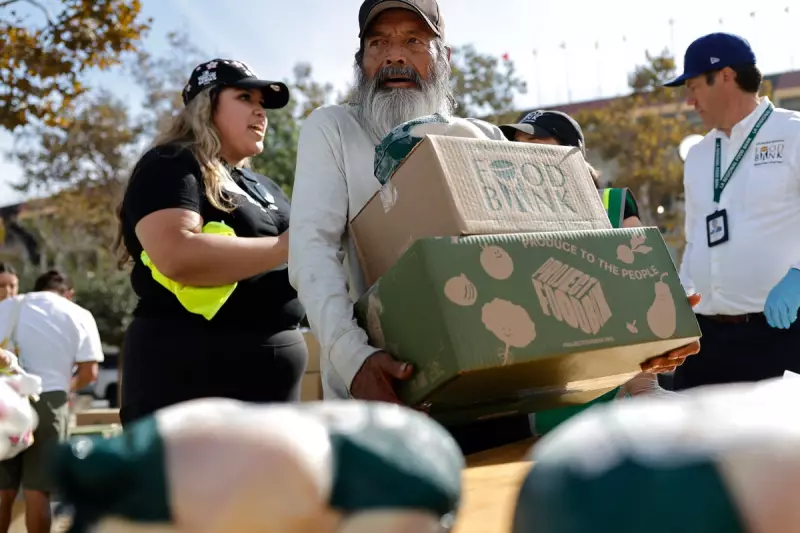
With living costs soaring and public infrastructure straining, hunger remains a critical issue, mirroring challenges faced in the United States. A staggering nearly 50 million Americans experience food insecurity daily, a figure that includes approximately 13 million children. According to the non-profit Feeding America, more than 50 million people have sought assistance from food banks and community pantries.
Experts warn that the situation could deteriorate further due to the longest government shutdown in history and new requirements for recipients of the Supplemental Nutrition Assistance Program (SNAP). Joel Berg, CEO of Hunger Free America, stated to ABC News that these changes could cause millions to lose access to food, inevitably leading to increased harm, suffering, and hunger.
The Donations That Do More Harm Than Good
While the demand for aid is dire and donations are desperately needed, not all contributions are equally helpful. Food banks are urging the public to be mindful of what they give to ensure the safety and well-being of recipients and staff.
Perishable items represent a significant problem. Food banks typically cannot accept anything that requires refrigeration, including dairy products, fresh produce, and leftovers. Many facilities lack the necessary freezer or refrigerator space to store these items safely. Furthermore, while donating homemade Thanksgiving leftovers or baked goods may seem like a generous holiday gesture, food banks cannot accept them. These items are not individually sealed, and the ingredients or preparation process cannot be verified for safety.
Fortunately, many food banks have established partnerships with local restaurants, bakeries, and retailers to source perishable foods directly. As Feeding America explained, while an individual cannot donate a frozen turkey, food banks often work with companies to secure these items.
Checking Dates and Packaging is Crucial
Another critical area for donors to consider is the condition of the food itself. It may seem obvious, but donating expired food is a common issue. Always check the 'use by' or 'sell by' dates on canned goods. The U.S. Department of Agriculture advises that home-canned foods should be used within one year for optimal quality.
Packaging concerns can also pose serious hazards. Food in glass containers is often refused because it can shatter easily during transport or storage, risking contamination of other items. More dangerously, dented or bloated cans can lead to botulism, a rare but severe illness caused by a toxin that can result in muscle paralysis, breathing difficulties, and even death.
The Department of Agriculture strongly warns against using food from containers that are leaking, bulging, or badly dented, as even a minuscule amount of botulinum toxin can be deadly.
What to Donate Instead
To make the most positive impact, food banks encourage donors to focus on non-perishable, nutritious options. Ideal donations include canned items with high protein and low sodium, such as beans, nut butter, canned meats, and low-sodium vegetables. These items provide essential nutrients, have a long shelf life, and are safe for storage and distribution.
By making informed choices, donors can ensure their generosity effectively supports the millions of individuals and families facing food insecurity every day.






